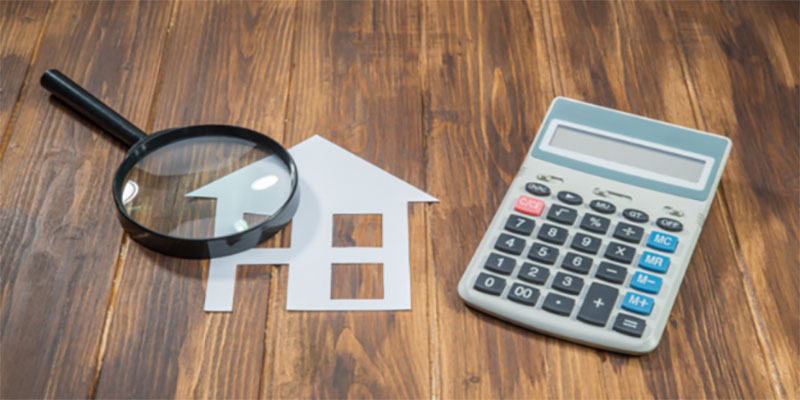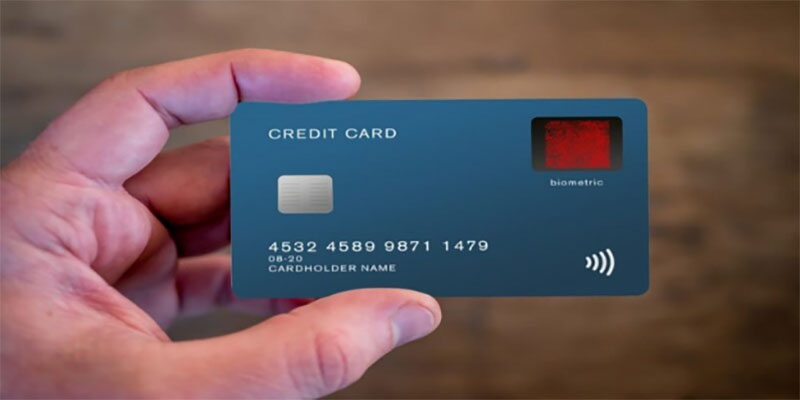
The use of credit cards has become second nature in today's culture. But is it essential? do you really need a credit card Credit cards are a form of convenient and easy borrowing up to a specific limit. It's easy to use, versatile, and can help you establish or improve your credit. However, there are costs and risks associated with it. In this article, we will address the pros and downsides of using credit cards, as well as other payment options and crucial factors to keep in mind while making purchases with plastic. By evaluating these elements, you may determine if getting a credit card is in line with your financial objectives, way of life, and sense of responsibility. Your capacity to handle credit correctly and your current financial situation will ultimately determine if you need a credit card.
The Advantages Of Having A Credit Card
Availability And Flexibility
One of the main benefits of credit cards is the ability to make purchases without having to carry a lot of cash. They're a safe and generally accepted way to pay for things you buy in stores or on the Internet. do you really need a business credit card Credit cards also provide convenience because cardholders can make purchases and pay for them later according to the card's repayment terms.
Creating A Credit History And A Credit Score
A favorable credit history can be built and maintained through responsible credit card use. Reliable repayment, moderate credit utilization, and varied credit history can all boost a score. A high credit score might help you access better financial options, including lower interest rates, loans, and mortgages.
Benefits And Rewards
Several issuers provide bonuses and do you really need a credit card with rewards other benefits to encourage customers to use their credit cards. Rewards come in the form of cash back on purchases, miles or points towards travel, points towards discounts, and even access to exclusive deals. Benefits such as extended warranties, purchase protection, and travel insurance can further enhance the cardholder's experience.
Potential Drawbacks And Risks
Debt Accumulation And High-Interest Rates
Credit card debt is a significant threat since it may quickly snowball out of control. High-interest rates can harm users' long-term financial health if they are not diligent with their spending and do not pay off their bills in full each month.
Fees And Unexpected Costs

A wide variety of credit card costs can accrue, such as annual fees, late payment fees, and fees for making purchases in a foreign currency. If cardholders don't take the time to familiarise themselves with the fine print, they could pay a lot more than they bargained for over time.
Spending On Impulse And Financial Discipline
The convenience of using a credit card to make a transaction can lead some people to make impulsive buys. Debt and financial stress can result from insufficient financial discipline and excessive expenditure. Cardholders must practice restraint, create budgets, and responsibly use credit to avoid falling into the debt trap.
Credit Card Substitutes
Debit Cards
When compared to credit cards, debit cards are far more practical. Users can pay for items straight from their bank accounts. Because debit cards only enable spending the amount available in the connected version, they can help people stick to their budgets and avoid debt.
Checks And Cash

More conventional payment methods like cash and cheques are available for those who would instead not take on the potential hazards of using credit cards. While paying with cash or a check is easy and eliminates the possibility of debt accumulation, credit cards often offer more convenience and security, especially when purchasing online.
Considerations For Using A Credit Card
Managing Credit Cards Responsibly
Setting a spending limit, keeping receipts, and paying the bill on time are all essential for responsible credit card use. Spending within one's means and prioritizing prudent financial management are equally important. One can reap the benefits of credit cards while minimizing their drawbacks by exercising self-control and seeing them more like a convenient tool than a potential source of overwhelming debt.
The Best Credit Card To Use
Finding a credit card that fits one's lifestyle and financial goals regarding interest rate, fees, rewards program, credit limit, and other specific bonuses is essential. Student credit cards, travel credit cards, and cash-back credit cards are just a few examples of the many types of credit cards available.
Conclusion
One's life and financial objectives should be considered before deciding if a credit card is necessary. Credit cards have benefits such as portability, adaptability, and the chance to establish or improve credit. Still, they also pose concerns such as the buildup of debt and the imposition of fees. If you'd like to avoid getting a loan, you still have options, including debit cards, cash, and prepaid cards. Ultimately, deciding whether you need a credit card requires responsible use, critical assessment of alternatives, and a dedication to financial discipline.



